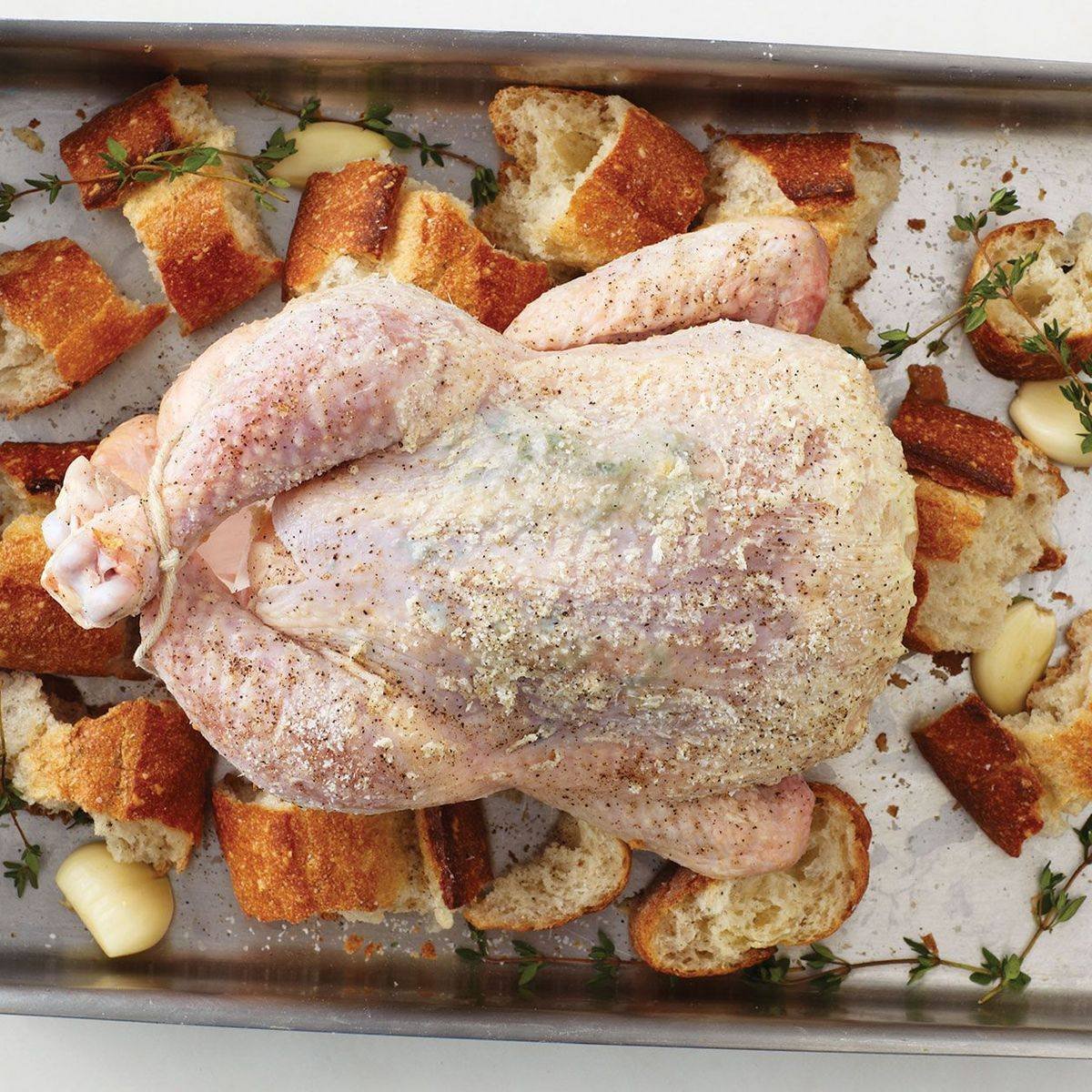ADVERTISEMENT
Consuming chicken contaminated with harmful bacteria can lead to food poisoning, causing symptoms like stomach cramps, diarrhea, vomiting, and fever. In some cases, infections can be severe, especially for young children, the elderly, pregnant women, and individuals with weakened immune systems.
What Should You Do Instead?
1. Avoid Washing Chicken—Cook It Properly
Instead of washing raw chicken, focus on cooking it properly to kill harmful bacteria. The best way to ensure your chicken is safe to eat is to cook it until it reaches an internal temperature of 165°F (74°C). Use a meat thermometer to check the thickest part of the chicken, and make sure it has reached this safe temperature before serving.
2. Clean Your Hands and Surfaces
While you shouldn’t wash raw chicken, you should practice good hygiene when handling it. Always wash your hands thoroughly with soap and warm water for at least 20 seconds before and after touching raw chicken. Additionally, sanitize all surfaces and utensils that come into contact with the chicken, including cutting boards, knives, and countertops. Using a disinfectant cleaner after handling raw chicken can help minimize the risk of cross-contamination.
3. Separate Raw Chicken from Other Foods
To reduce the risk of contamination, always store raw chicken separately from ready-to-eat foods, such as salads, fruits, or cooked meats. Use different cutting boards and utensils for raw poultry to avoid cross-contamination. If you must prepare raw chicken and vegetables on the same countertop, clean and disinfect the surface before continuing.
4. Thaw Chicken Safely
If you are thawing frozen chicken, avoid leaving it on the counter, as this can cause harmful bacteria to grow. Instead, thaw chicken in the refrigerator, in a leak-proof plastic bag submerged in cold water, or in the microwave if you’re planning to cook it immediately.
5. Properly Store Leftovers
If you have leftover cooked chicken, store it in the refrigerator within two hours of cooking in an airtight container. The USDA recommends consuming leftovers within 3-4 days, or freezing them for longer storage. Always reheat leftovers to at least 165°F before eating.
Conclusion
While it may seem like rinsing raw chicken is a good idea to ensure cleanliness, it’s actually a dangerous practice that can increase the risk of foodborne illness. Washing chicken can spread bacteria around your kitchen and doesn’t effectively remove harmful pathogens. The best approach is to cook your chicken to the proper internal temperature of 165°F, practice good hygiene, and avoid cross-contamination. By following these safety measures, you can enjoy your meals without worrying about harmful bacteria. So, next time you’re preparing chicken, skip the rinse and focus on cooking it safely!
ADVERTISEMENT
